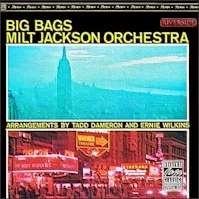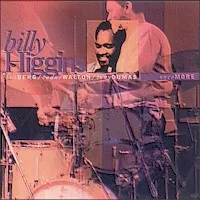Time: 73:55
Size: 169.2 MB
Styles: Rock, AM pop
Year: 2004
Art: Front
[3:02] 1. One
[4:21] 2. Try A Little Tenderness
[3:11] 3. Easy To Be Hard
[2:45] 4. Eli's Coming
[2:58] 5. Celebrate
[3:17] 6. Mama Told Me (Not To Come)
[3:06] 7. Out In The Country
[2:50] 8. One Man Band
[3:13] 9. Joy To The World
[3:17] 10. Liar
[3:45] 11. An Old Fashioned Love Song
[3:42] 12. Never Been To Spain
[3:24] 13. The Family Of Man
[3:23] 14. Black And White
[4:10] 15. Pieces Of April
[3:23] 16. Shambala
[3:14] 17. Let Me Serenade You
[3:43] 18. The Show Must Go On
[4:46] 19. Sure As I'm Sittin' Here
[4:47] 20. Play Something Sweet (Brickyard Blues)
[3:28] 21. Til The World Ends
Three Dog Night ran off a string of 21 Top 40 hits between 1968 and 1975, including three number ones: "Joy to the World," "Mama Told Me (Not to Come)," and "Black & White." Despite this, they are often written off as a lightweight band who couldn't write their own songs. Granted they were laid-back and very easygoing, but they had some heft. The vocals of Chuck Negron, Danny Hutton, and Cory Wells were surprisingly soulful and the band that backed them was solid, and even rocked pretty hard on occasion. They didn't write songs -- it is true -- but their genius was picking songs. Along with producer Richard Podolor, the group found songs by writers like Randy Newman, Harry Nilsson, Laura Nyro, Hoyt Axton, Paul Williams, and John Hiatt and turned them into hits. So the group had laudable credentials, but more importantly, the songs collected here play like the soundtrack to the '70s. If you were just a casual fan, listening to Complete Hit Singles provides moment after moment of "I didn't remember these guys did that song!" exclamations. The hits just keep coming one after the other: "Joy to the World," "Celebrate," "Shambala," "Liar," "An Old Fashioned Love Song," and "Let Me Serenade You." Never sappy, never overbearing, always settled into a low-key, hooky groove, these songs are about as good as early-'70s pop gets. Another impressive thing about Three Dog Night is that they never showed any signs of slowing down. 1974's "Play Something Sweet (Brickyard Blues)" is just as good as "Eli's Coming" from 1969. The only thing that stopped them was the inevitable bout of creative differences that split the band up in 1976. This collection basically supplants the excellent Best of Three Dog Night from 1983. It boasts improved sound and one more song, their last Top 40 hit, "Til the World Ends," from 1975. ~Tim Sendra
The Complete Hit Singles




















